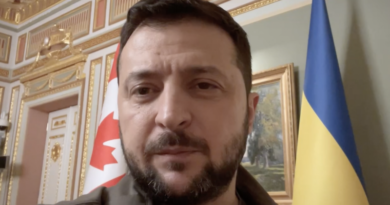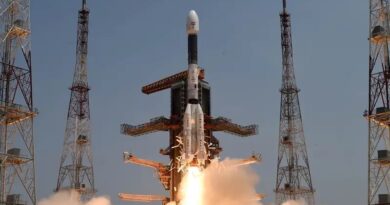Indo-US Defence Ties – Paradigm Shift
Secretary of Defense Lloyd J. Austin III was in India, June 4-5, to lay out the path for a major defense partnership, and roadmap for advance cooperation in defence sector ahead of Prime Minister Modi’s official state visit to Washington. The Secretary met with National Security Advisor Ajit Doval and Minister of Defense Rajnath Singh. During his meetings, the Secretary and his counterparts talked on a range of regional security issues, risks and committed to collaborating closely to counter any imbalance in the region. This will be a shot in the arm for India’s ambition towards Atmnirbhar Bharat or self-reliant India.
The Secretary and Minister Singh agreed on a new Roadmap for U.S.-India Defense Industrial Cooperation, which will expedite technology cooperation and co-production in areas such as air combat and land mobility systems; intelligence, surveillance, and reconnaissance; munitions; and the undersea domain. This initiative is a paradigm shift between U.S. and Indian defense sectors which include a set of specific items that could provide India access to cutting-edge technologies and support India’s defense modernization plans.
The aim for such a cooperation is geared towards countering CHina’s dominance in the region. China has grown belligerent and starting to flex its muscle. Both US and India have felt the impacts – US navy and airforce are constantly being bullied by China in international waters and skies. recently India too has experienced increased skirmishes with Chinese troops on its Eastern front.
Another aspect for India is to diversify its defence supply chain which is currently heavy on Russian equipment which tends to lag behind in technology and performance. In addition India is not sure how sustainable this supply chain is likely to be given the impacts from the Russia-Ukraine war. Also, during the Indo-China conflict of 1962 the then USSR refused to come to India’s aid despite having deep ties with India. Their concept at that time was – India is our friend but CHina is our brother!
The US Department of Defence added: The Secretary and his counterparts also discussed the growing importance of defense innovation and cooperation in emerging domains such as space, cyberspace, and artificial intelligence. They praised the recent launch of a new Advanced Domains Defense Dialogue and committed to expanding the scope of bilateral defense cooperation to encompass all domains. They also welcomed the establishment of the India-U.S. Defense Acceleration Ecosystem (INDUS-X), a new initiative to advance cutting-edge technology cooperation. The initiative, which will be launched by the U.S.-India Business Council on June 21, is designed to complement existing government-to-government collaboration by promoting innovative partnerships between U.S. and Indian companies, investors, start-up accelerators, and academic research institutions.
The Secretary and Minister Singh lay down all the groundwork for signing relevant agreements during Prime Minister Narendra Modi’s upcoming US state visit. There is a very high expectation that General Electric will be given the go ahead by Biden administration to start manufacturing the powerful F414-GE-INS6 jet engines in India. This would include transfer of technology and these engines will be used in the next version of India’s light combat aircraft the Tejas MKII. US fighter jets like the F-18 Super Hornet use these engines that create a thrust of 22,000 lbs (98 KN).
The secretary and Minister Singh also discussed ways to increase information sharing and new initiatives to improve maritime cooperation, including in the undersea domain.
The U.S.-India defence partnership matters, Austin told reporters, because “we face a rapidly changing world”.
“We see bullying and coercion from the People’s Republic of China, Russian aggression against Ukraine that seeks to redraw borders by force and threatens national sovereignty, as well as transnational challenges such as terrorism, climate change.
“So democracies must now rally together around not just our common interests but also our shared values,” Austin said.




